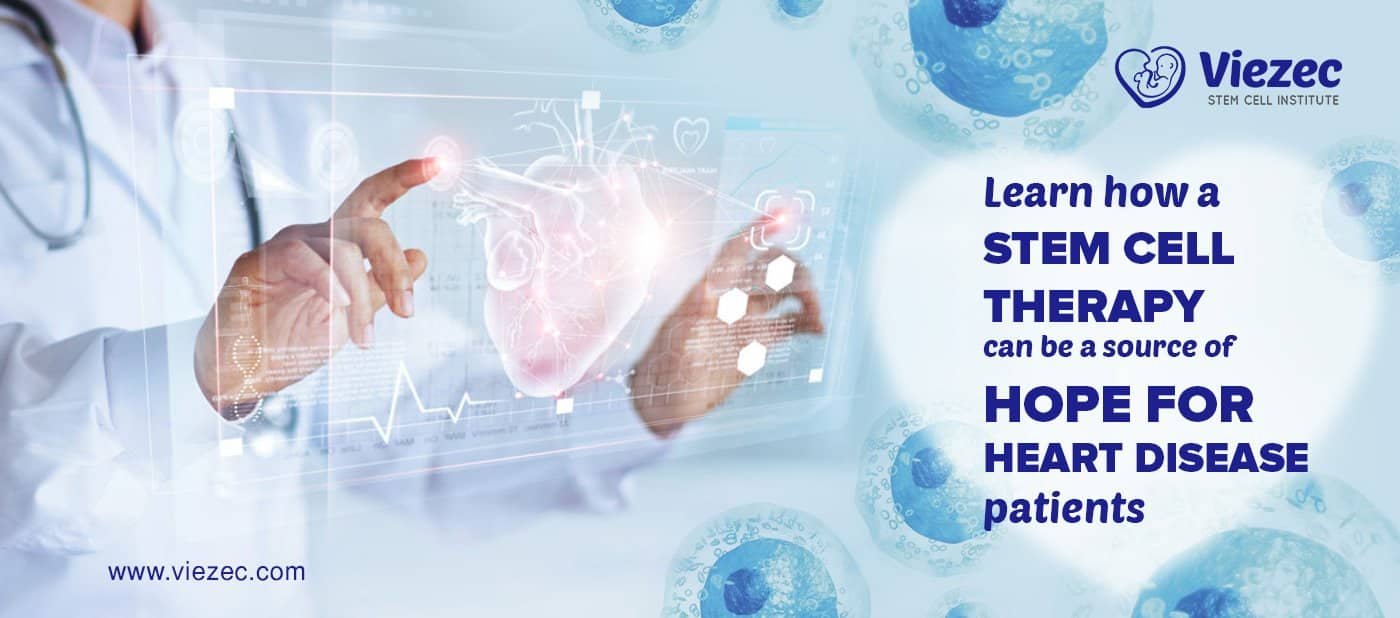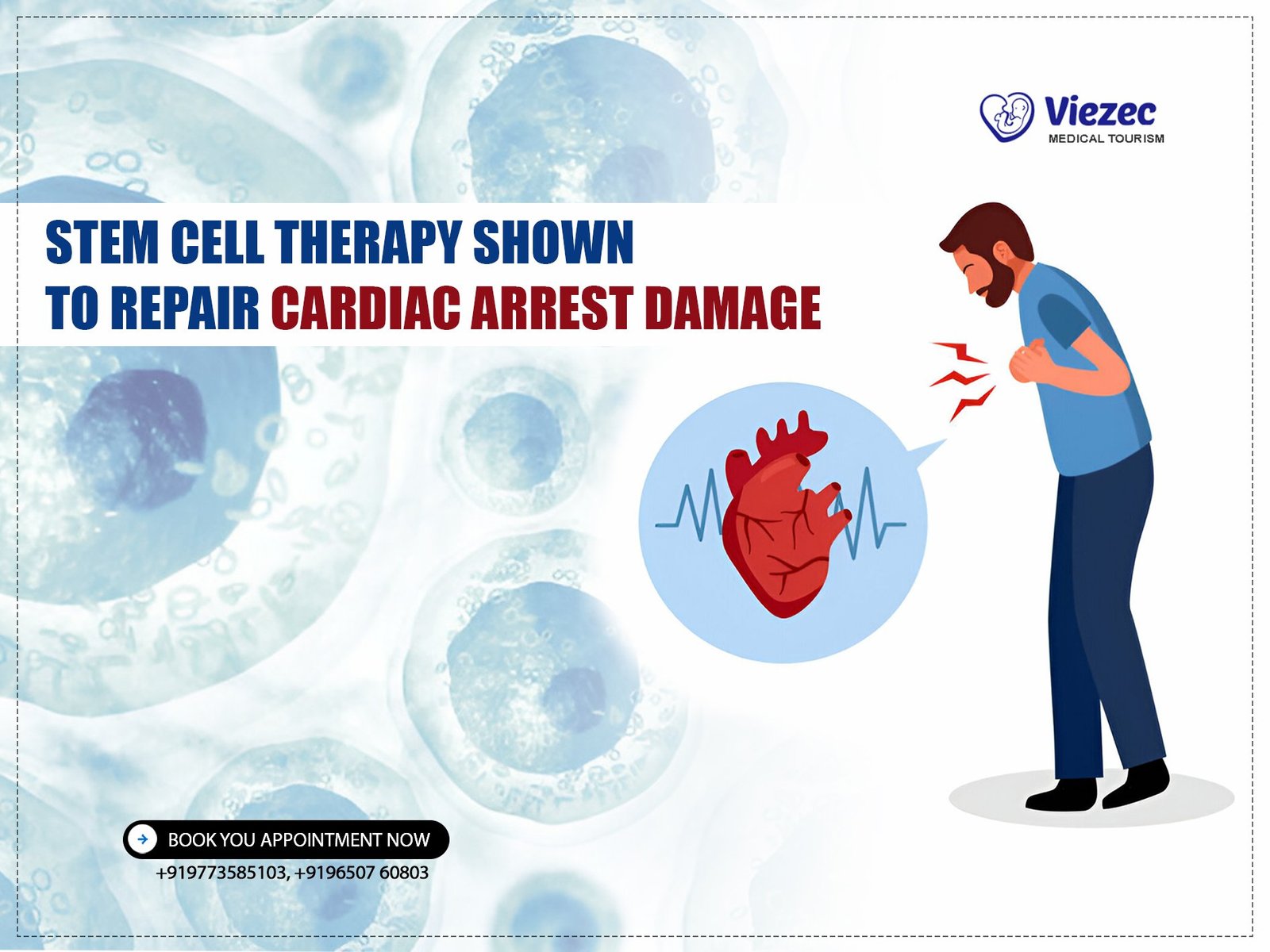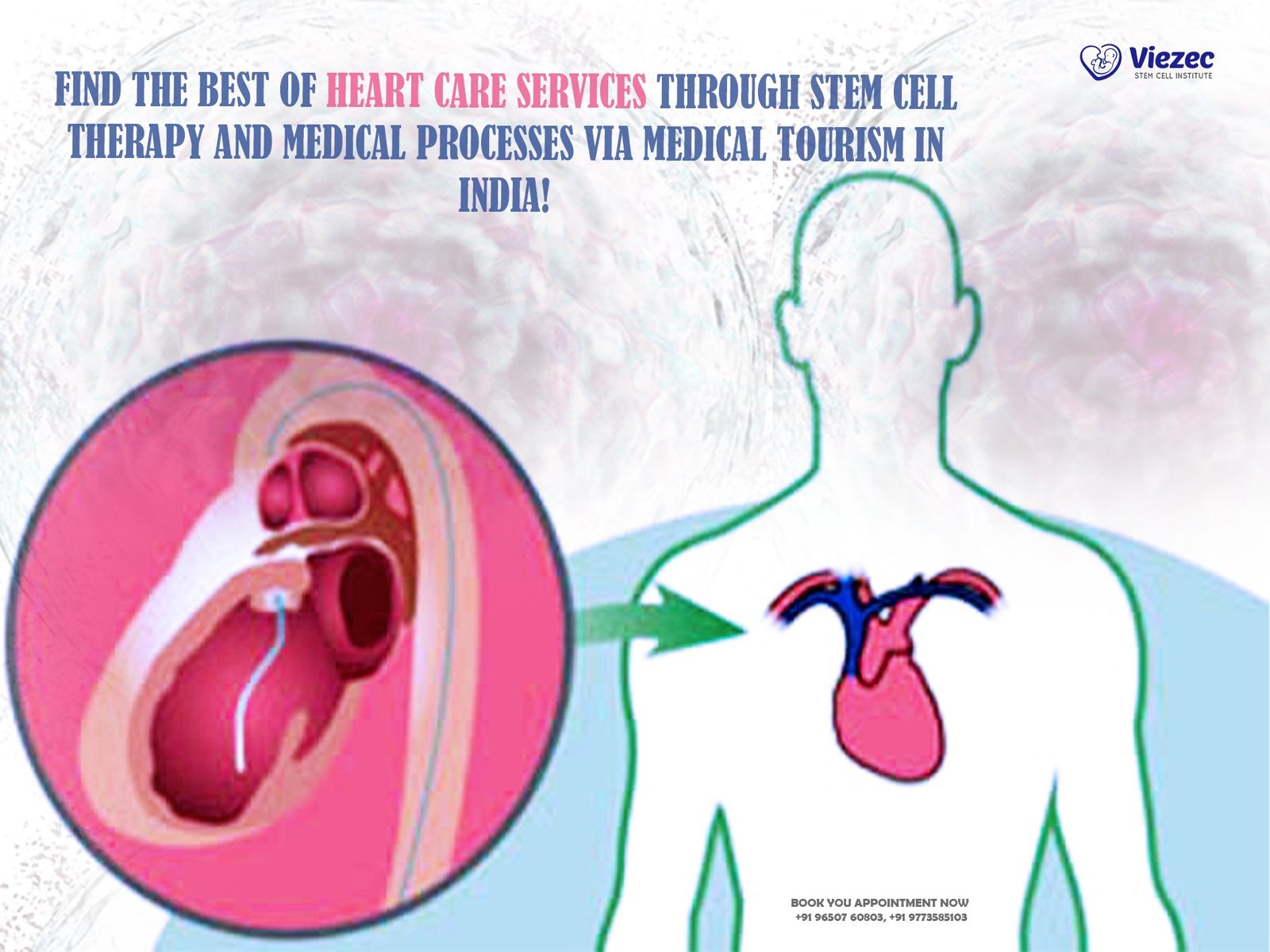Heart disease remains a leading cause of mortality worldwide, necessitating innovative approaches for treatment and recovery. Stem cell therapy has emerged as a promising avenue in the quest to address heart diseases, offering potential regenerative solutions. This article delves into the intricacies of stem cells, their role in cardiovascular health, and the current state of stem cell therapy for heart diseases.
Introduction
Heart disease, encompassing conditions such as coronary artery disease, heart failure, and myocardial infarction, continues to pose a significant global health challenge. Despite advancements in conventional treatments, the need for alternative and more effective therapeutic strategies is imperative. One such frontier that has gained considerable attention is the use of stem cells in addressing heart diseases.
Understanding Stem Cells
Definition and Types
Stem cells are undifferentiated cells with the unique ability to differentiate into specialized cell types. In the context of heart disease, various types of stem cells have been explored for their regenerative potential. These include embryonic stem cells (ESCs), induced pluripotent stem cells (iPSCs), and adult or somatic stem cells.
Embryonic Stem Cells (ESCs)
ESCs are pluripotent cells derived from the inner cell mass of embryos. Their pluripotency allows them to differentiate into any cell type, making them a versatile candidate for heart regeneration.
Induced Pluripotent Stem Cells (iPSCs)
iPSCs are generated by reprogramming adult cells to revert to a pluripotent state. This technology provides a potential source of patient-specific cells for personalized regenerative therapies.
Adult or Somatic Stem Cells
Adult stem cells, also known as somatic or tissue-specific stem cells, exist in various tissues throughout the body. Mesenchymal stem cells (MSCs) and cardiac stem cells (CSCs) are particularly relevant to heart disease.
Mechanisms of Action
Stem cells exert their regenerative effects through various mechanisms, including cell differentiation, paracrine signaling, and immunomodulation. Understanding these mechanisms is crucial for harnessing the full therapeutic potential of stem cells in treating heart diseases.
Stem Cells and Cardiovascular Health
Role of Stem Cells in Cardiac Development
During embryonic development, stem cells play a pivotal role in the formation of the heart. Investigating these developmental processes provides insights into how stem cells might contribute to cardiac regeneration in the adult heart.
Endogenous Stem Cells in the Adult Heart
While the heart was traditionally considered a post-mitotic organ, recent evidence suggests the presence of endogenous stem cells in the adult heart. CSCs, residing within the myocardium, have been implicated in cardiac repair and regeneration.
Heart Disease and Regenerative Medicine
Current Treatment Challenges
Conventional treatments for heart disease, such as medications and surgical interventions, aim to manage symptoms but often fall short in promoting true tissue regeneration. The limitations of current approaches underscore the need for regenerative medicine strategies.
Promise of Stem Cells in Heart Disease
Stem cell therapy offers a novel approach by addressing the root cause of heart diseases—damage to cardiac tissue. The regenerative potential of stem cells holds promise for restoring function and improving the quality of life for individuals with heart conditions.
Stem Cell Therapy Approaches for Heart Diseases
Preclinical Studies and Animal Models
Before translating stem cell therapies to clinical settings, rigorous preclinical studies using animal models are essential. These studies provide insights into the safety, efficacy, and optimal delivery methods of stem cells for heart disease.
Clinical Trials and Human Applications
The transition from preclinical research to clinical trials is a critical phase in determining the feasibility and effectiveness of stem cell therapies for heart diseases. This section explores notable clinical trials, their outcomes, and the challenges faced in translating preclinical success to human applications.
Challenges and Considerations in Stem Cell Therapy for Heart Diseases
Immunogenicity and Rejection
Immunogenicity remains a concern in stem cell therapy, especially when using allogeneic cells. Strategies to mitigate immune responses and enhance graft survival are crucial for the success of stem cell-based interventions.
Tumor Formation and Safety Concerns
The potential for uncontrolled cell growth leading to tumor formation is a significant safety consideration in stem cell therapy. Understanding and mitigating this risk is paramount to ensuring the long-term safety of regenerative interventions.
Future Directions and Innovations
Advancements in Stem Cell Technology
Technological advancements, including gene editing techniques and three-dimensional (3D) tissue engineering, have the potential to enhance the therapeutic capabilities of stem cells. This section explores cutting-edge innovations that could shape the future of stem cell therapy for heart diseases.
Personalized Medicine and Precision Cardiovascular Regeneration
The era of personalized medicine brings forth the prospect of tailoring stem cell therapies to individual patients. This approach aims to maximize efficacy while minimizing adverse effects, marking a paradigm shift towards precision cardiovascular regeneration.
Ethical and Regulatory Considerations
Ethical Issues Surrounding Stem Cell Research
Stem cell research has not been without ethical controversies, particularly concerning the use of embryonic stem cells. This section examines the ethical considerations and how the scientific community addresses these concerns responsibly.
Regulatory Frameworks and Guidelines
As stem cell therapies move towards clinical applications, robust regulatory frameworks are crucial for ensuring patient safety and treatment efficacy. This section outlines existing regulatory guidelines and the challenges in establishing a standardized framework for stem cell-based interventions.
Stem cell therapy holds immense promise as a regenerative approach to address heart diseases. The progress from preclinical studies to clinical trials underscores the growing interest and potential of this field. Despite challenges, ongoing research, technological innovations, and ethical considerations collectively contribute to shaping a future where stem cells play a pivotal role in cardiovascular health.











